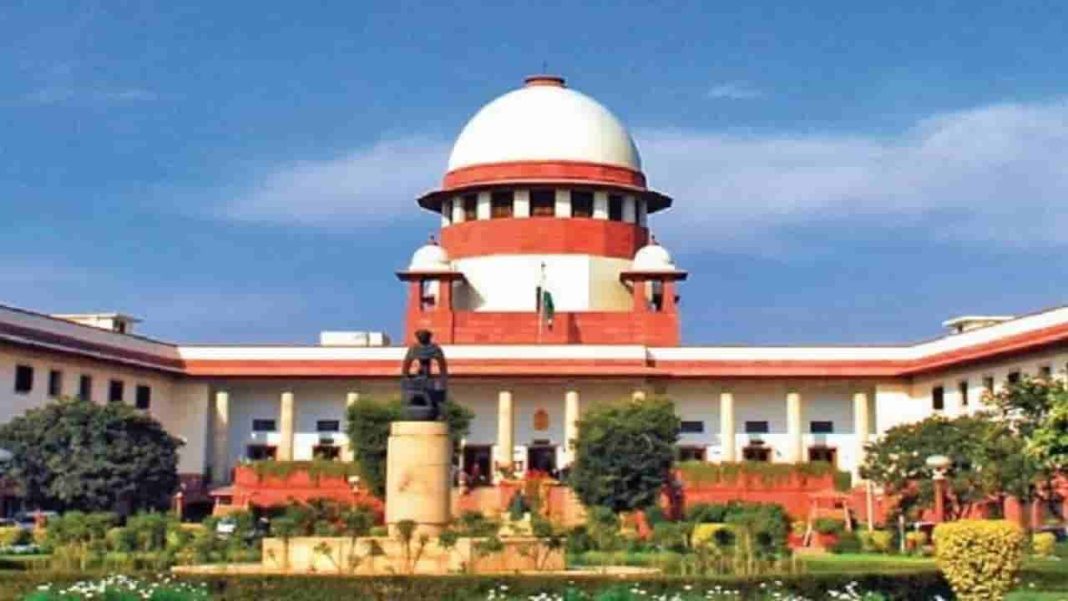The Supreme Court on Wednesday agreed to re-examine its 25-year-old judgment where a five-judge bench had ruled that a lawmaker was immune to prosecution, even if he/she took money to vote on the floor of the House.
The Supreme Court has referred the issue to a seven-judge Constitution bench.
A five-judge Constitution Bench in 1998 had held that Parliamentarians had immunity from prosecution, even if the MPs took money to vote in favour of the Narasimha Rao government in a no-confidence motion.
Another bench of Supreme Court in 2007 ruled in Raja Rampal’s case that those who took money to ask questions in Parliament were liable to be expelled from the House permanently.
There was no clarity, for which a five-judge Constitution bench headed by Chief Justice of India DY Chandrachud referred the case to a seven-judge bench.
To put forward its point, the Apex Court said that the correctness of view propounded in majority of Narsimha Rao matter needs to be understood to determine whether re-consideration of PV Narsimha Rao (judgment) is warranted.
Attorney General R Venkatramani apprised the bench that the case in hand did not warrant it.
CJI Chandrachud said that the matter pertained to the morality of the polity, adding that an opportunity to straighten the law should not be missed.
The CJI added that whenever there was a conflict in opposing views, the law should be set straight.
Senior Advocate PS Patwalia, who was appointed as Amicus Curiae in the case last year, said that the matter needed a larger bench as in the present status, it was quite fractured.
Advocate Gopal Shankarnarayan asked whether a person, who had taken a bribe, after having second thoughts and a prick of conscience, if he decided not to vote as the bribe demanded, shouldn’t he be given immunity?
The present case pertained to Jharkhand MLA Sita Soren, who was prosecuted by the CBI for allegedly taking bribe for voting in the 2012 Rajya Sabha polls.
She was accused of taking bribe for casting her vote in his favour of a Rajya Sabha candidate, but she cast her vote in favour of another candidate.
The story isn’t new for her, as her own father-in-law and JMM leader Shibu Soren was saved by the 1998 Constitution bench verdict on the matter that MPs who took money and voted in favour of Rao’s government were immune to prosecution. It had, however, ruled that those who gave the bribe to JMM MPs were not immune to prosecution.
Petitioner Sita sought protection under Article 194(2), which was identical to Article 105(2) and applied to state legislators.
Article 105(2) reads that no member of Parliament shall be liable to any proceedings in any court in respect of anything said or any vote given by him in Parliament or any committee thereof, and no person shall be so liable in respect of the publication by or under the authority of either House of Parliament of any report, paper, votes or proceedings.


